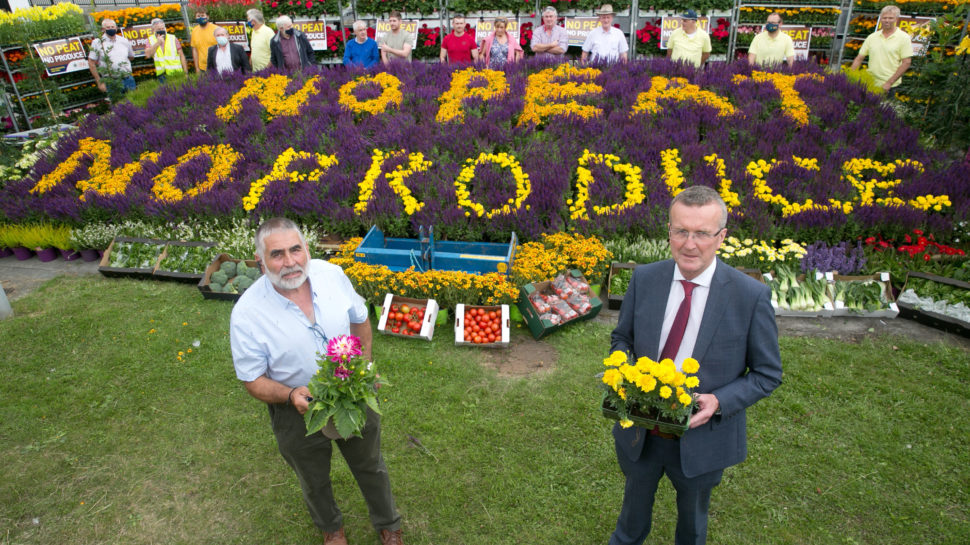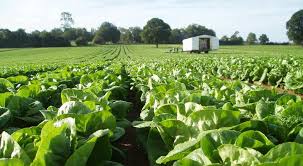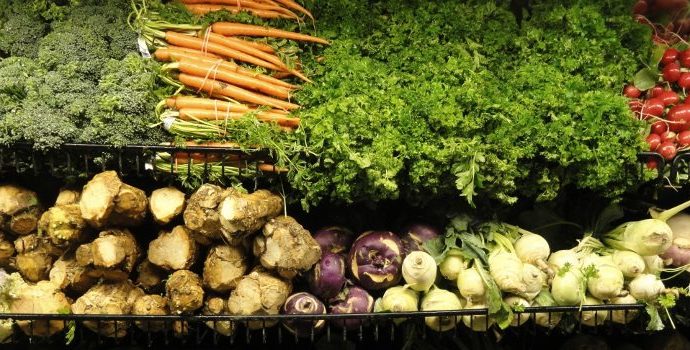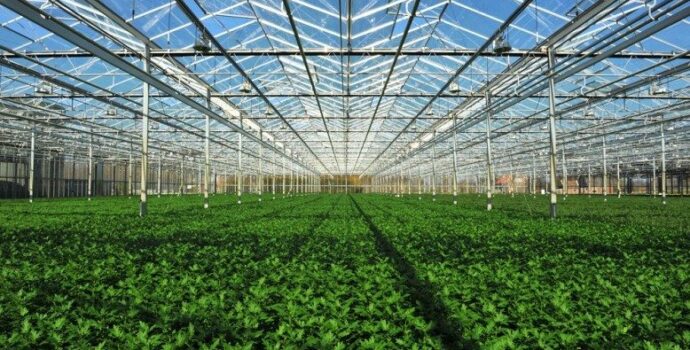Horticulture Council Report July 2022

Market Report
Following two years of unprecedented increase in retail demand for fresh produce for home cooking, the demand has fallen back to 2019 levels so far in 2022. Retail demand for horticulture is back on average 10% year-on-year, matching pre-covid 2019 levels. This reduction in demand is matching pretty well with Irish production, as following the difficulties in getting some retailers to agree to increased tenders in spring this year, plantings of most field vegetables are reduced by approximately 10%.
While growers have received increases in prices in the range of 5-15%, it is not enough to cover the input cost increases. Without further increases, the Irish field vegetable sector in particular will continue to contract. There is evidence that consumer retail prices in many retailers have begun to increase, which is a positive sign that there may be a possibility of growers receiving a margin for their produce in the future.
Growing conditions for the soft fruit sector so far have been good, with long days of high light intensity aiding growth throughout the day, with very little frost in the early spring months to hinder the crop. The soaring cost of energy, gas in particular, is having a detrimental effect on glasshouse growers’ margins in 2022. Strawberries in particular at retail level have been doing quite well this year and sales are matching production following a slight contraction of growing volumes this year. On the negative side, roadside strawberry sales are back a lot this year, up to a 15% reduction.
In relation to apple growing, the indications are pointing to a high yield this year due to the favourable conditions, although due to the Russian-Ukraine war, prices are expected to take a hit across the EU as the largest producing country of apples, Poland’s primary market is Russia. Due to current restrictions set out across EU member countries, this market may be shut off leading to a higher quantity of apples across Europe.
Due to favourable planting conditions for root crops and good growing conditions to date, the crop itself is looking good with high yields expected.
Horticulture Exceptional Payment Scheme (HEPS)
Following intensive lobbing from IFA and individual growers, the Minister for Agriculture announced the introduction of Horticulture Exceptional Payment Scheme (HEPS). This is a financial support measure, that will be provided in the form of a once-off payment to growers in most horticulture sub-sectors most affected by the Russian invasion of Ukraine.
The total fund available for this Scheme is €2.8 million. The indicative allocations for the different subsectors are as follows:
- High-wire crops: €1,000,000
- Field vegetable: €1,000,000
- Mushrooms: €600,000
- Apples: €200,000
Soft fruit has been excluded from the scheme and IFA has met with Minister McConalogue to discuss this and lobbied for all horticulture sectors effected by the input crisis to be included.
Work Permits
The introduction of the proposed seasonal work permit scheme still remains extremely important and will be very important for the sector moving forward and IFA continues to lobby to get this over the line. IFA appreciate any help that can be assisted such as providing sufficient evidence of the lack of available labour in the country.
Activity since last National Council
- A field veg and protected crops committee meeting was held on the 30th of June – the meeting was also attended by President Tim Cullinan.
- On Friday the 1st of July IFA President Tim Cullinan, delegates and committee members met with Minister for Foreign Affairs and Defence Simon Coveney, along with the head of the Seanad Regina Doherty on the McGuinness farm in Lusk Co. Dublin, re the issue of peat harvesting for the horticulture sector. Spiralling input costs and carbon taxes were also discussed on the day.
- IFA continues to meet with all retailers on an ongoing basis to highlight the reduced margins that all growers are experiencing die to spiralling input costs.
- IFA continue to liaise with the Department of Enterprise, Trade and Employment on processing work permits and the establishment of a seasonal work permit scheme.
- Activities under the Green Cities Promotions continue as part of the European funded initiative. The campaign aims to promote green landscaping in building projects in Ireland, while encouraging the use of locally-grown planting stock. The promotion is 80% funded from the E.U. with 20% coming from the industry. Growers are reminded to contribute to the promotion.
EU/COPA Developments
- IFA has continued contact with both the EU Commission and COPA in relation to the impact of spiralling input costs on the Horticulture sector.
Upcoming Events / Issues
- On the 11th of July an EU school scheme was launched which will result in a €500m package to promote fruit, veg and milk across schools here in Ireland.
- IFA will continue its lobbying campaign in relation to the harvesting of peat for the horticultural sector.
- IFA will be lobbying to include the sectors of horticulture affected by Brexit in the Brexit Adjustment Reserve (BAR) fund announced by the EU.
- The EU promotional campaign for Fruit and Veg is now underway. More information can be seen here https://fruitnveg.ie/. The promotion is 80% funded from the EU with the remaining contribution from growers.



